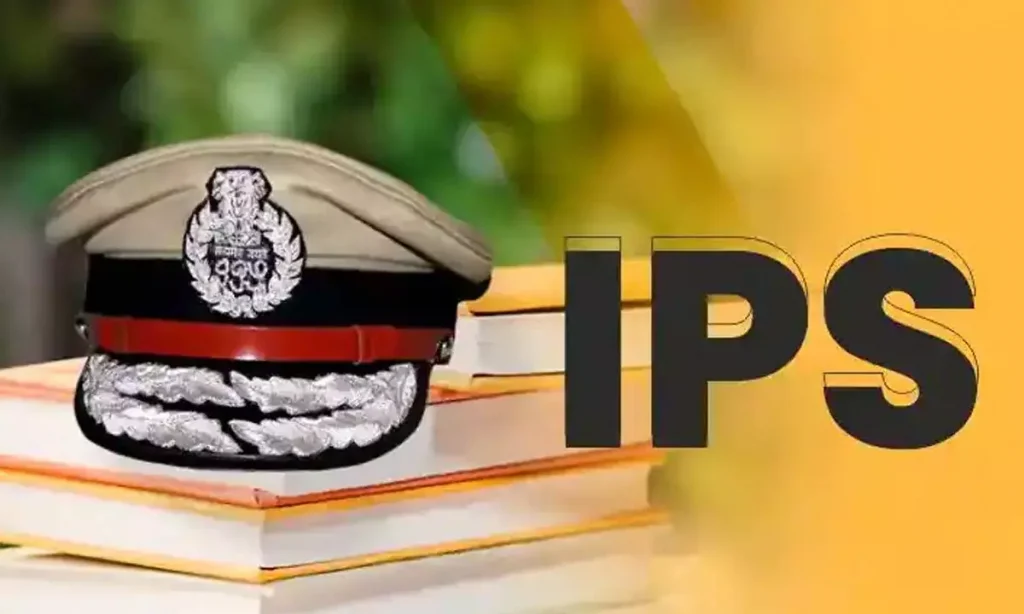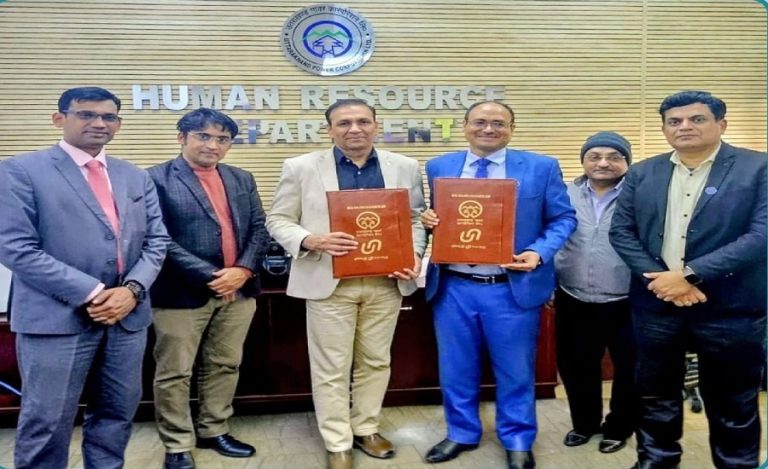New Delhi: The Department of Personnel and Training (DoPT) has approved the inter-cadre transfers of three Indian Police Service (IPS) officers based on their marriages to fellow All India Services (AIS) officers, in accordance with the inter-cadre transfer policy.
These transfers reflect the government’s flexibility in service rules to support family cohesion among AIS couples.
Neha Jain Moved from West Bengal to AGMUT Cadre
Neha Jain, a 2022-batch IPS officer originally allotted to the West Bengal cadre, has been transferred to the AGMUT cadre. The decision comes following her marriage to Shubhankar Pratyush Pathak, a 2022-batch IAS officer serving in the AGMUT cadre, which includes Arunachal Pradesh, Goa, Mizoram, and Union Territories like Delhi.
Ms Jain, known for her disciplined service and commitment to grassroots policing, completed her basic training at the Sardar Vallabhbhai Patel National Police Academy (SVPNPA). She is likely to be posted soon in one of the Union Territories.
Nagargoje Shubham Bhausaheb Transferred to Jharkhand
2021 batch IPS officer Shubham Bhausaheb Nagargoje, currently serving in the Tamil Nadu cadre, has been transferred to Jharkhand cadre following his marriage to Shruti IPS (Jharkhand: 2023).
The cadre change aligns with inter-cadre transfer norms that allow spousal transfers when both partners are members of the AIS and both state governments consent to the move.
Aranksha Yadav Transferred to Maharashtra Cadre
Aranksha Yadav, a 2023-batch IPS officer serving in the Gujarat cadre, has been moved to the Maharashtra cadre. Her transfer follows her marriage to Anmol Mittal (IPS: Maharashtra: 2021).
As in the other cases, the transfer has been ratified by the DoPT and agreed upon by the respective state governments.
Inter-Cadre Transfers on Marriage Grounds: Policy Background
Under the inter-cadre transfer policy for AIS officers, transfers on the grounds of marriage are allowed if-
- Both spouses are from All India Services (IAS, IPS, or IFoS).
- A formal request is made.
- Mutual consent is obtained from both cadres involved.
- The transfer is administratively feasible.
These policies aim to support family life among officers while maintaining efficiency and national integration in service.




























